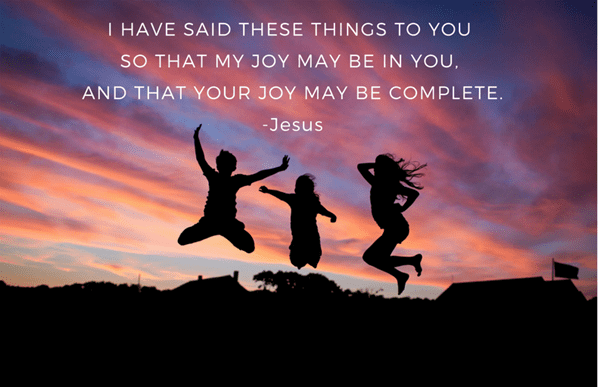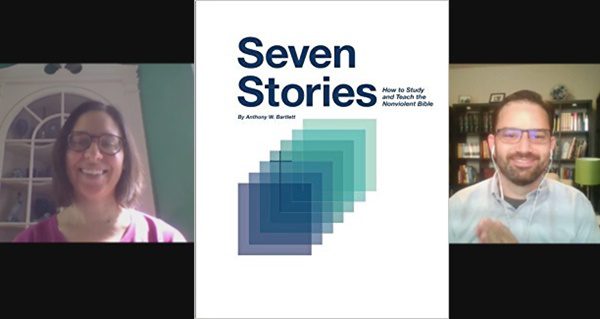“I don’t think I want to be a leader, Mom. What if I do something wrong and people follow me and they do the wrong thing too?”
Her tone was conscientious and sincere as she explained her hesitation with a school assignment. My 8-year-old daughter was struggling to complete her “I CAN BE A LEADER” worksheet. Sure enough, while her complex brain and deep heart struggled with the question, most of the class finished the assignment, and they all moved on to other things. Her incomplete rough draft was not displayed with the finished products above the coat-hangers when I visited her classroom for my parent-teacher conference.
I want to help my daughter understand how to navigate her intricate thoughts and emotions so she can complete assignments like these. Sometimes I’m concerned that her tendency to think and feel outside the box will make it hard to fit in in school and perhaps in most work settings later. In this case, for instance, the mimetic pressure in our society to describe one’s self as a leader is enormous. I can’t help but worry that her honesty might make her vulnerable in a world that tends to value confidence over (rather than in balance with) humility.
But oh, I am so proud of my daughter, too. She’s concerned about being a leader for all the right reasons.
There is nothing wrong with inspiring children to be leaders. Nurturing their confidence and responsibility and sense of duty to others is essential.
But leadership also traditionally implies authority and influence over others. When that authority is acquired and sustained through consent and exercised with wisdom and compassion in a spirit of service, it can be a good and beneficial thing for people, for communities, for the world.
Yet authority is easy to abuse for the sake of self-interest, convenience, and greed. Even when exercised with the best of intentions, authority can be applied in misguided and harmful ways. Those who assume positions of leadership affect the welfare of those they lead, and should take every precaution to make sure they are acting on principles of justice and kindness. And when inevitable mistakes are made, leaders should be brave enough to admit them and try to repair them. But admitting mistakes can be difficult. And when identity revolves more around being a leader than the goals and values one is trying to serve through leadership, then admitting mistakes even to one’s self can be scary. Even those who assume authority with caution and humility may grow to abuse it when they feel a challenge to their judgment is a challenge to their very sense of self.
I doubt my daughter thought through all of these implications when she said she didn’t want to be a leader, but her reason cuts to the heart of it all: leaders might get things wrong and hurt people.
In a world that fans the flames of desire to become a leader for reasons of personal gain – recognition, admiration, and glory – my conscientious daughter thought first of others. And, of course, that is exactly the kind of leadership the world needs!
The truth is, as relational creatures, we are leading and following all the time in ways we are not fully conscious of. We influence and are influenced by others in ways we won’t always recognize or admit to ourselves. My daughter is already a leader. Her kind heart is always finding and bringing out the best in others. She takes what her father and I taught her and she helps us to apply it when we are at our most cynical. Her way of always acting out of love inspires me to be my best self, and that is leadership.
I wish we, as a culture, as a human family, could move from a top-down model of leadership to a collaborative model, where we are always willing to listen to and see each others’ points of view. Maybe that’s not so much leading and following as it is finding our way together. Along the journey we would look to each other for guidance and lead and follow as our gifts and needs call us. We would seek not to define our own status as a leader but to work together for the mutual health and well-being of one another and of our planet. In the language of my Christian tradition, we would understand ourselves as one body with many members serving each other, headed by the embodiment of Love.
I didn’t know quite what to say when my daughter told me why she didn’t want to be a leader. But the language has come to me since then:
Daughter, I told her, I am so proud of you. You are concerned about being a leader because you don’t want to lead people the wrong way. You are concerned that if you make a mistake, others will make your mistakes too.
You are so thoughtful. The world needs more leaders just like you! But if all the people who put others before themselves were afraid to be leaders, the world wouldn’t have the kind of leaders we need!
You can be a leader. You already are a leader, because you inspire me, and you inspire others, to be our best selves.
Good leaders know they will make mistakes, and are not afraid to make or admit to them. Good leaders understand that mistakes are rest-stops on the road to greater understanding. Mistakes may still hurt you or others, but a good leader uses what she learns from mistakes to help heal the pain, and that wisdom becomes a gift to the world, too.
Good leaders are also good listeners. Always keep your mind and heart open so you can learn from the people around you.
Good leaders know that they are always followers. Choose to follow those who help you remember that we are made to love each other. Choose to follow those who find their identities not over or against others but bound up in the intricate web of life that connects all of humanity and all of creation.
Keep developing your passion and knowledge, and people will look to you for help and advice, because your love shines through you and draws people to you.
Keep nurturing the qualities that make you your beautiful self. But also know that your unique and special qualities can only go so far on their own. You need the gifts from other people in this world as much as the rest of us need your gift. Always know that you are part of something bigger than yourself that nevertheless needs you. You are part of a human family and a world and a universe that is held together by and in Love.
She understood, smiled and hugged me. My 8-year-old daughter is ready to lead and to follow, and to make the world a better place with her love.
Image: By sasint via Pixabay.com. Public Domain.
Stay in the loop! Like Teaching Nonviolent Atonement on Facebook!












